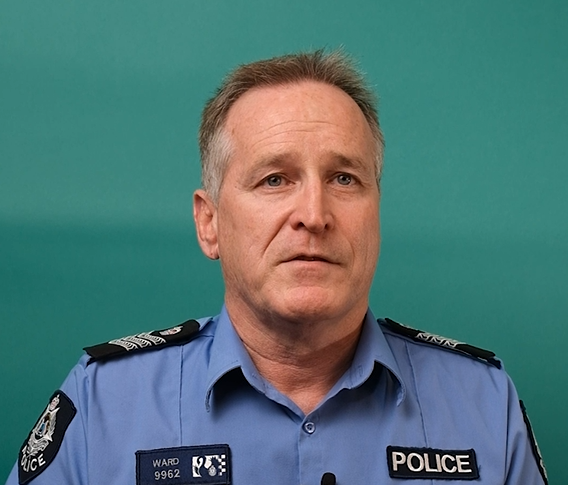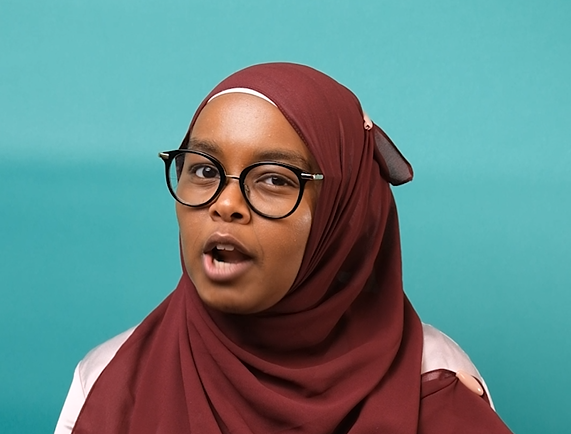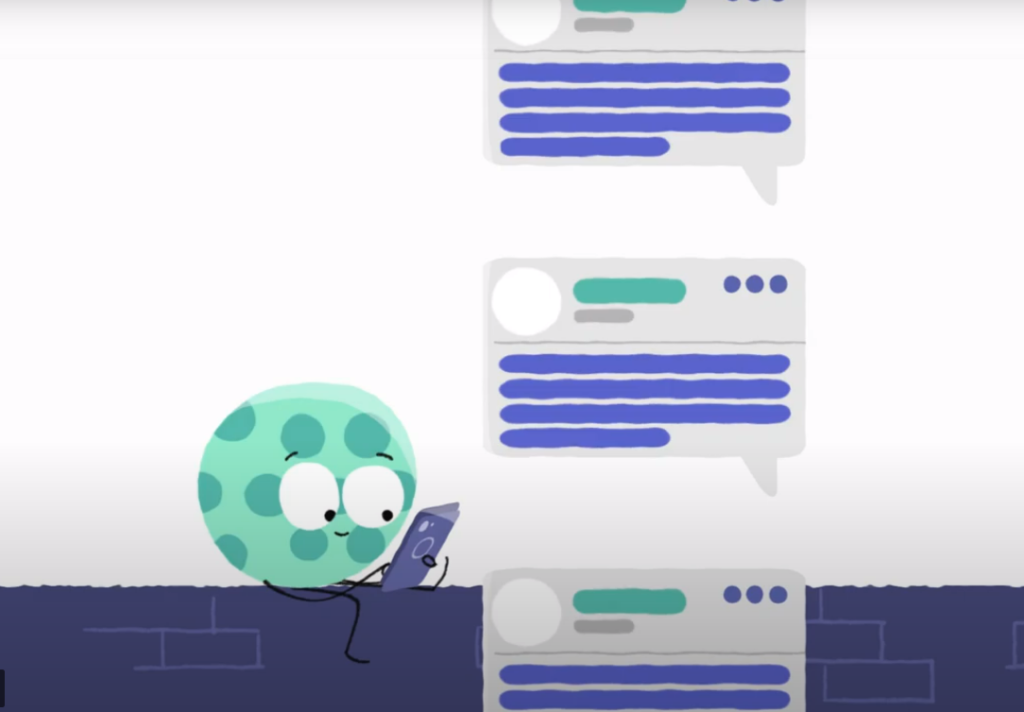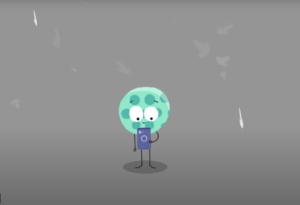Are you or your friend in immediate danger?
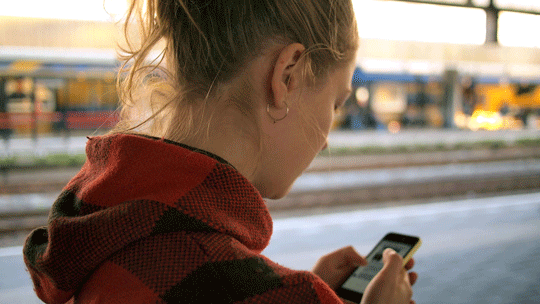
Emergency
If you think your friend is in immediate danger of taking their life, phone Emergency 000.
- Ask Emergency Services for a welfare check on your friend, stay on the line, speak clearly, and be ready to answer their questions.
- Privately contact (private message or call) your friend. Try and stay connected.
- Ask if there is any trusted adult around them that could help.
Note: If you call for a welfare check on your friend, it is all confidential and private, you will not get in any trouble. Get a trusted adult to help if you can.
What does immediate danger look like?
What does immediate danger look like?
- Mention of HOW and WHEN they are going to end their life.
- Showing imagery of ways to harm themselves.
- Saying their goodbyes in an odd way/time
There may not be a definite sign to know whether someone is at immediate risk of taking their life, so any alarming post should be taken seriously. It’s scary when someone you know or care about is showing signs of suicide. If you decide to go to help the person online, or go to the person yourself, make sure you let a trusted adult know.
For further advice and support, contact the following helplines and they can help talk you through it:
- Lifeline 13 11 14
- Kids Helpline 1800 55 1800
- Suicide Call Back Service 1300 659 467
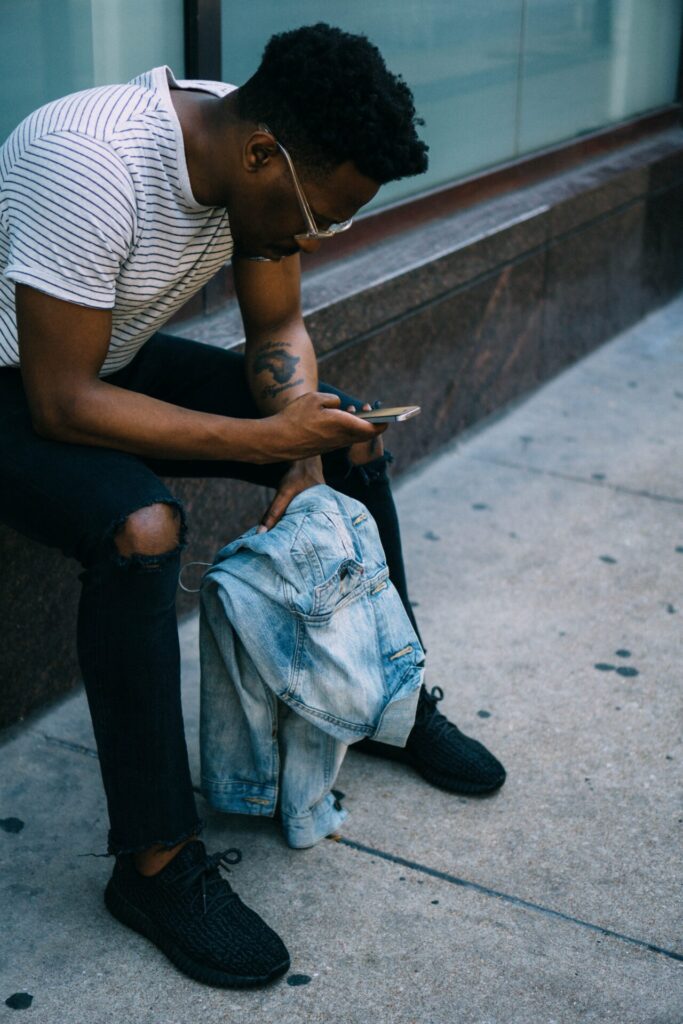
Who are some trusted adults I can ask to help me?
You know that someone is a trusted adult when you share your feelings, and they reassure you that you can get through it together. For some people this can be their parents, and if they don’t have that relationship with anyone in their family, you can have teachers, family friends, their babysitter, lifeguards, counsellors, teachers, sport coaches. The people you feel know enough about you and have the experience and knowledge to help you deal with these things.
Things to know
Reporting online content
If you are concerned about your friend, your first priority is to contact them and let them know there is support, after this you can report any online content that you are concerned about. By reporting content, you can ensure it is removed from the public platform and also receive helpful additional resources for yourself and the person.
- Facebook suicide/self-harm staying safe. To report a person you’re worried about click here and Facebook will contact this person with information that may be helpful to them. To report a photo directly click on the three dots on the top right, click ‘Report Photo’, and then choose ‘ Suicide or self-injury’.
- Snapchat Safety Resources and Support. To report press and hold on that Snapchatter’s name, click ‘Manage Friendship’, then ‘Report’ -> ‘They’re posting inappropriate content’ -> then under Suicide & Self-Harm, click ‘I’m worried that this Snapchatter might hurt themselves’, make your comment and click Submit.
- Instagram’s when you’re worried about someone’s suicide or self-injury content. To report a post click on the three dots on the top right, tap the report icon, and select ‘ Suicide or self-injury’ and follow the prompts.
- Twitch Cares: Mental Health Support & Information. Users can now share their personal stories about self-harm, emotional problems, or even suicide, but they are not allowed to discuss them in detail with their viewers. Check out HealthyGamer’s GG Twitch channel. Be careful if you choose to report a player, as it may block your chance to keep in contact with them.
- TikTok Care: Suicide and Self-harm Tap the arrow at the bottom right-hand corner of the video. Tap the report icon, select “Self injury” and follow the prompts.
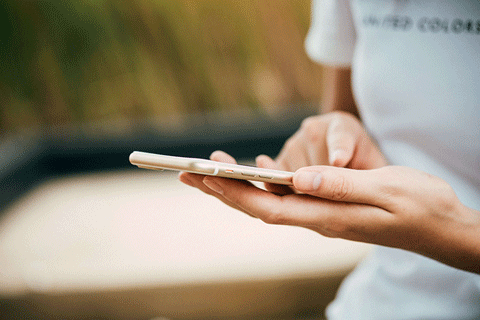
Was this page helpful?
Modal Content
Add groups below and assign an anchor link under “advanced” to create a modal. Link to it from a button and make the button style “modal”.
When should I call 000 and what will happen after that? transcript
When should I call 000 and what will happen after that? The first thing to remember is that 000 is reserved for life-threatening emergencies.
So if somebody’s at risk of they’re hurting themselves of taking their life, then, absolutely, you should be ringing 000.
It’ll be answered by a professional call taker who will clarify what the situation is with a series of questions and make a determination as to which is the responsible agency or a person to send out.
If you are ringing up and the situation is not yet a life-threatening emergency, you can ring through specifically to police.
You can request a welfare check. A welfare check is simply that, if you’re holding concerns as to somebody’s welfare and you want police to conduct a check on them to make sure that they’re okay.
If police attend, we will make our own assessment as to whether or not an ambulance is required or any other services are required. If we call those services, we bare the cost in WA. And look, it’s very important that young people feel/know that police are your friends.
We’re not here to judge you. We are here for people when you’re in a crisis and we are here to help.
Who are some trusted adults I can ask to help me? transcript
Who are some trusted adults you can ask to help you?
You’d know that someone is a trusted adult when they, you know, you share your feelings and they really, really listen. And they reassure you that you can get through it together. Stand by you. Someone you can go to take action, but also to make sure they’re listening to you and understand the situation.
For some people it can be their parents and if people don’t have that relationship with their parents or any of their family, you can have teachers. Someone’s parent. My boss, who’s like my mentor in a way. Family friends or their babysitters. Or even lifeguards at the beach or life savers.
Counsellors. There’s lots of free counselling services available.
Trusted teachers, mainly my sports teachers and my coaches at sport. For me, personally, they were the people that I felt knew enough about me and had the experience and the knowledge to help me deal with these things.
So looking at people who show up and hold comfortable space for you and that feel safe. Yeah. That’s what I’d look for.

